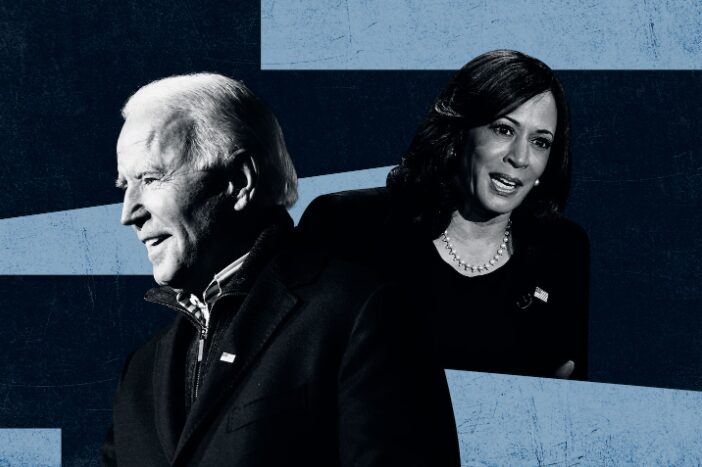Joe Biden’s last-minute decision not to run marks a historic change in the 2024 presidential race, with less than a month until the Democratic National Convention on August 19. Announcing his decision not to seek re-election, Biden stated he would stay in the Oval Office until a new leader is sworn in. He quickly followed up with a tweet expressing his full support for Harris, 59, to be the Democratic nominee. This move sets the stage for some serious political drama.
Biden’s decision shows a level of self-awareness about his own physical and mental limitations that he previously lacked. However, Harris’s belief that she is ready for the presidency is viewed by many as misplaced. Over the past four years, she has shown repeatedly that she may not be up to the task. Her public appearances have been awkward, and even her own staff have criticized her management skills. Politically, she has often faltered at crucial moments.
Take, for instance, her handling of the southern border crisis. As millions of illegal immigrants flooded into the US, Harris waited over 100 days to visit the border. When questioned about this delay, she awkwardly responded, “And I haven’t been to Europe. I mean, I don’t understand the point that you’re making.” Such tone-deaf comments have done little to endear her to voters.
A recent YouGov poll of 1,582 American adults, conducted from July 13 to 16, found that only 39 percent would vote for Harris if she were the 2024 Democratic candidate, compared to 44 percent for Trump. This puts her even behind Biden, who would lose to Trump by 41 percent to 43 percent according to the same poll.
This situation raises important questions about who really holds the power in Washington, DC. Many believe that Biden and Harris are just the public faces of a much larger, behind-the-scenes network often referred to as the Deep State. This shadowy group, including figures like the Clintons, Obamas, and Pelosis, is believed to be pulling the strings. It might sound like a conspiracy theory, but it’s not hard to imagine these powerful Democratic dynasties wielding significant influence over US policy.
Donald Trump, never shy about sharing his opinions, has suggested as much. “You’ve been ripped off by everybody and betrayed by the globalists, Washington, Wall Street people,” he said at a New Hampshire event. He also hinted that Obama might still be calling the shots, referring to him as Biden’s “boss.”
Obama himself has added fuel to the fire. In 2020, he told Stephen Colbert that he would have been happy to serve a third term if he could have had a stand-in do the public part of the job while he remained behind the scenes. This description eerily fits the narrative of a Deep State running things from the shadows.
Former House Oversight and Government Reform Committee chairman Jason Chaffetz also weighed in, stating, “The Deep State is real. They don’t like exposure, accountability, or responsibility. They fight back, outlast, and work the system to their advantage.”
Whether or not you believe in the Deep State, there’s no denying that the most influential names in Washington are determined to keep Trump out of the Oval Office. The big question now is whether Kamala Harris can win a head-to-head battle against him. Many doubt her ability to do so, pointing to her lackluster 2020 presidential campaign where she dropped out before the primaries began.
However, there is one caveat: if Democrats have figured out a way to leverage mail-in ballots and the support of migrant voters, Harris might stand a chance. If this strategy works, we could see the first female president in US history, possibly with a new vice president like Michigan Governor Gretchen Whitmer or California Governor Gavin Newsom. This combination could ensure another four years of the so-called Deep State controlling Washington from behind the scenes, with a pliant leader at the helm. Stranger things have happened.
